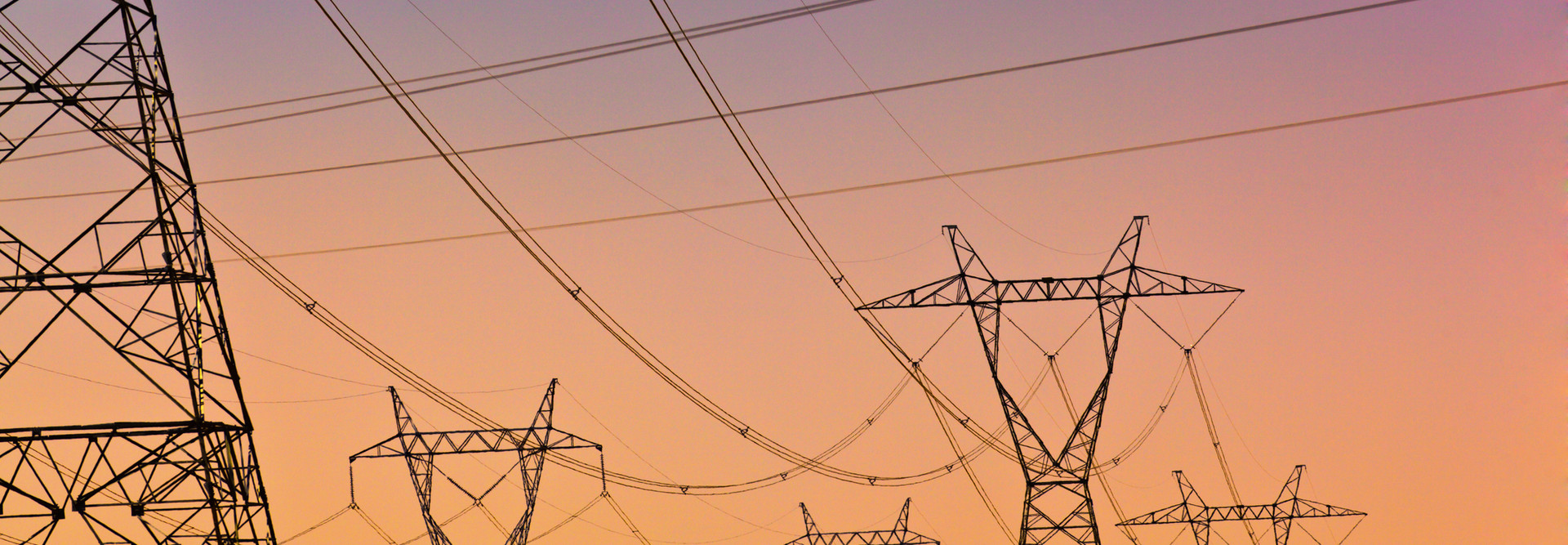The Energy Industry Is Changing Fast, and Most Utilities Aren’t Ready
The “twin forces of changing customer expectations and rapid technological evolution” are forcing a “global energy transformation,” yet most companies within the sector admit they are not close to being ready, according to consulting firm PwC.
In its recent survey of energy and utility executives, “The Narrowing Window for Energy Transformation,” PwC reports that 82 percent of respondents admit their company is behind the curve when it comes to making the changes demanded by a digital world. “In the meantime,” PwC argues, “new players from outside the sector are sizing up opportunities in energy markets around the world.”
“Traditional utility companies are aware that there is a narrow window of opportunity — about five years — to build and acquire the strategies and capabilities needed to stay ahead,” the report states. But five years may, in fact, be more time than companies actually have to make needed changes.
MORE FROM BIZTECH: Find out how to choose the right data center storage solution.
The Energy Market Is Changing
Several factors are converging to force transformation in every part of the power and utility industry, including power generation, grid operation and meters. In just a few years, and at a pace that is surprising executives, the industry is moving from “an analogue, scale-driven, centralized and standardized model to one that is digital, distributed and personalized,” PwC says.
This is prompting culture shock for the normally staid, slow-moving utility business. An industry accustomed to long time horizons for asset investment and tech adoption must adapt to short-term digital investments.
Executives responding to the survey suggested that the changes they need to make can wait a few years. Only 5 percent said strategic changes need to be made by next year, while 85 percent said it can wait at least three years. The other 10 percent expect to take more than five years.
That attitude is unwise, PwC argues. “The danger for some companies is the temptation to kick the can down the road and hope that they will not be overtaken in the meantime. With each passing month, customers increasingly expect more convenience and control, power generation becomes more distributed, and the expanding array of digital tools and platforms become more central to operations and customer relationships — and, as a result, to competitive advantage,” PwC says.
In its survey of utility and power executives, the consultant found that:
- 90 percent have stepped up enterprise innovation initiatives.
- 90 percent say the window of opportunity for readiness will close within five years.
- 86 percent of North American utilities cited technology advancement as driving industry evolution.
- Only 15 percent are focusing on breakthrough (business models) innovation.
For Utilities, Upgrading Customer Experience Is a Vital Task
One major force behind all this disruption is customer empowerment, much of it enabled by technology, PwC notes. Smart grids, microgrids and local power generation and storage, as well as myriad information technologies, are empowering customers to expect greater control over, and insight into, their power consumption.
“The upshot is that business and residential customers are becoming empowered in unexpected and potent ways,” PwC says. “This trend is as relevant in regulated monopoly markets as it is in open competitive markets.”
That means optimizing the customer experience should top the must-do lists of companies that haven’t always been well known for customer service. But it’s not clear that utilities are getting the message yet. For example, when asked what they think their customers want from them, just 47 percent say that consumers are seeking insights into their energy consumption. PwC maintains that most customers want simplicity, choice and control from their relationships with utilities, yet fewer than a third of utilities think so.
‘Tech Savvy’ Is a Critical Need for Utilities
Finally, utilities acknowledge that their ability to deploy innovative information technology is among the most critical factors for their long-term success. “Tech savvy” and “innovation acumen" were cited by 84 and 81 percent of respondents, respectively, as important internal capabilities needed to compete successfully.
In particular, utilities are focused Internet of Things deployments as the single most important tech priority. The reason is simple, says PwC: IoT technologies lie “at the heart of many aspects of energy transformation, including grid modernization, demand response, the integration of distributed energy resources and, of course, smart homes and workplaces.”










